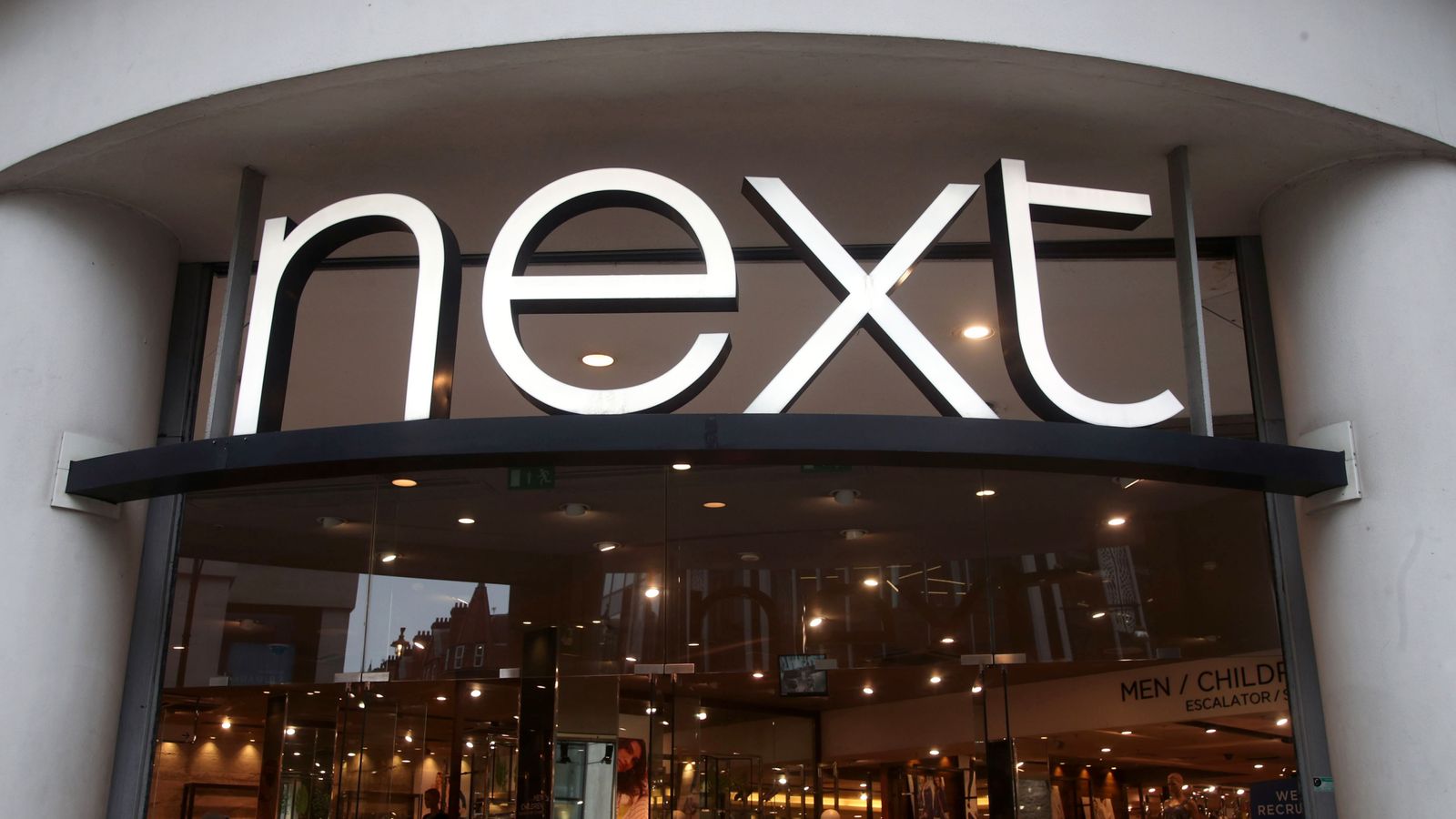The U.K. Treasury Committee is unsure if the benefits of a retail Central Bank Digital Currency (CBDC), or digital pound, will outweigh its risks as its introduction could pose significant challenges and risks to the economy.
Concerns about retail digital pounds
The lawmakers argued that the introduction of retail digital pounds could make the U.K. economy more susceptible to bank runs if people can quickly switch large amounts of bank deposits into digital pounds in times of market turmoil.
According to the authorities, this would increase the risk of bank failures and could lead to some banks increasing their loan interest rates by 0.8 percentage points or more. The Bank of England noted that interest rates on loans could rise by 20 basis points if 20% of bank deposits turned digital.
Besides that, the lawmakers furthered that an introduction of a digital currency poses strong privacy and data concerns and strongly advised that “any primary legislation used to introduce a digital pound [must] not allow the Government or Bank of England to use the data from a digital pound for any purposes beyond those already permitted for law enforcement.”
Lawmakers recommendations
The U.K. lawmakers suggested that the project should proceed if the authorities could amplify the currency’s benefits while effectively mitigating associated risks.
The lawmakers also rejected the Bank of England and Treasury’s proposed £10,000-£20,000 (between $12,000 and $25,000) holding limit. Instead, they suggested a lower limit that could be increased over time to “reduce the risk of large-scale outflows from bank deposits into digital pounds.”
“It must be clearly evidenced that a retail digital pound will provide benefits to the U.K. economy without increasing risks or leading to unmanageable costs before any decision is taken to introduce it into our financial system,” said the committee’s chair, Harriett Baldwin.
When will the U.K. launch the digital pound?
The U.K.’s CBDC development journey began in 2020 when the Bank of England introduced a discussion paper and subsequently established a joint task force with H.M. Treasury in 2021, achieving several milestones, including publishing a consultation paper.
A final decision regarding the project’s launch might not be made until the latter half of this decade. However, the authorities are currently in the “design phase” regarding a potential digital pound.
“While we support the Bank of England’s plan to continue working on the design of a potential retail digital pound, I would urge them to proceed cautiously and maintain a genuinely open mind as to whether one is actually needed,” Baldwin concluded.
The post UK Treasury fears retail digital pound would cause bank run due to easy access appeared first on CryptoSlate.








